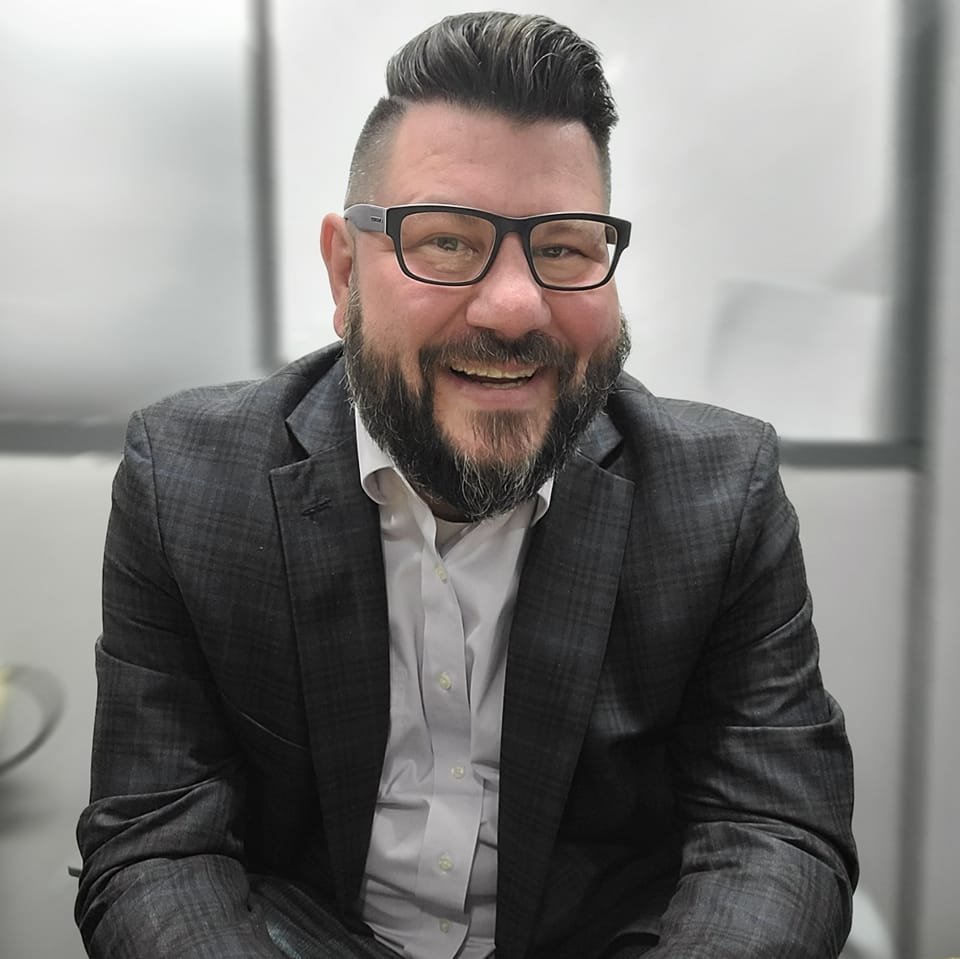M.G. Govia
Humanist humor. Honest thinking. Unpolished wisdom.
I’ve Been Thinking…

Humanist humor. Honest thinking. Unpolished wisdom.
I’ve Been Thinking…
Multiple videos from the Minnesota shooting are circulating.
Different angles.
Different moments.
Different captions telling you what to think before you watch.
Each side points to the clip that best supports their narrative and treats the rest as propaganda, misinformation, or irrelevance.
That’s how confirmation bias operates:
Not by hiding facts — but by ranking them based on comfort.
Here’s the baseline reality that keeps getting ignored: multiple things can be bad at the same time.
Ants don’t have power individually. They don’t control narratives or institutions. What they have is memory. Pattern recognition. Collective survival instincts. Ants don’t revolt because they’re radical; they move because the environment becomes hostile to ordinary life.
